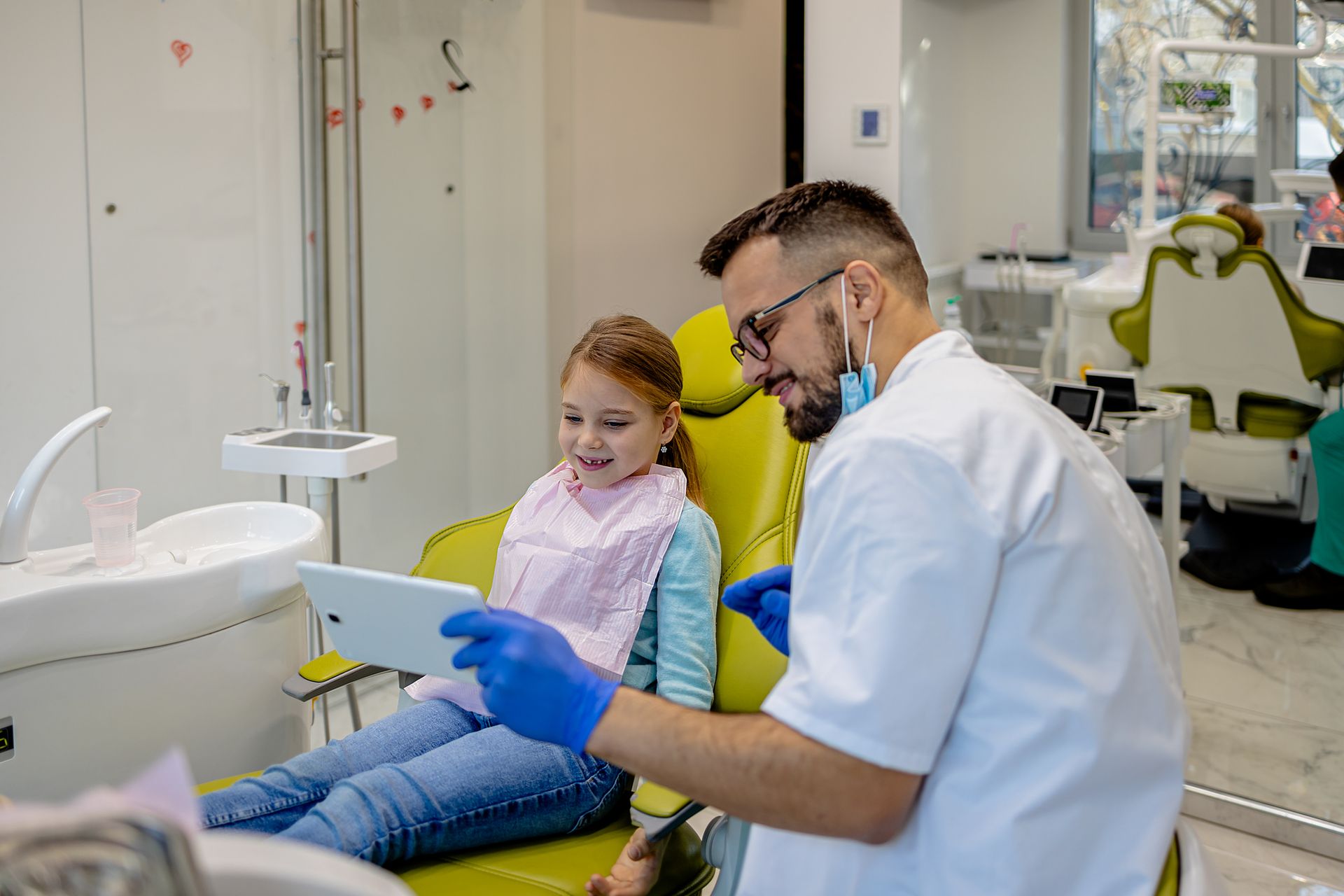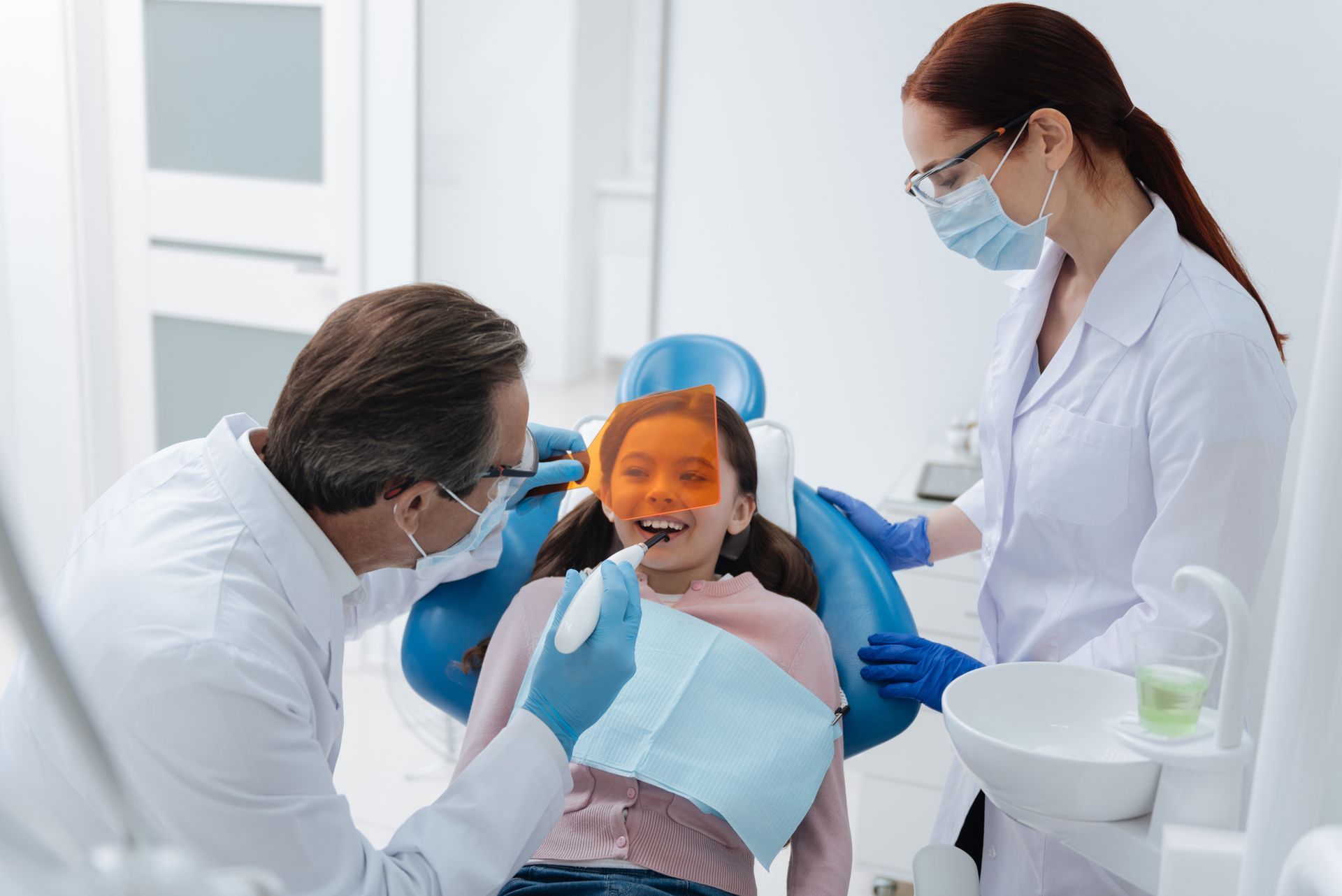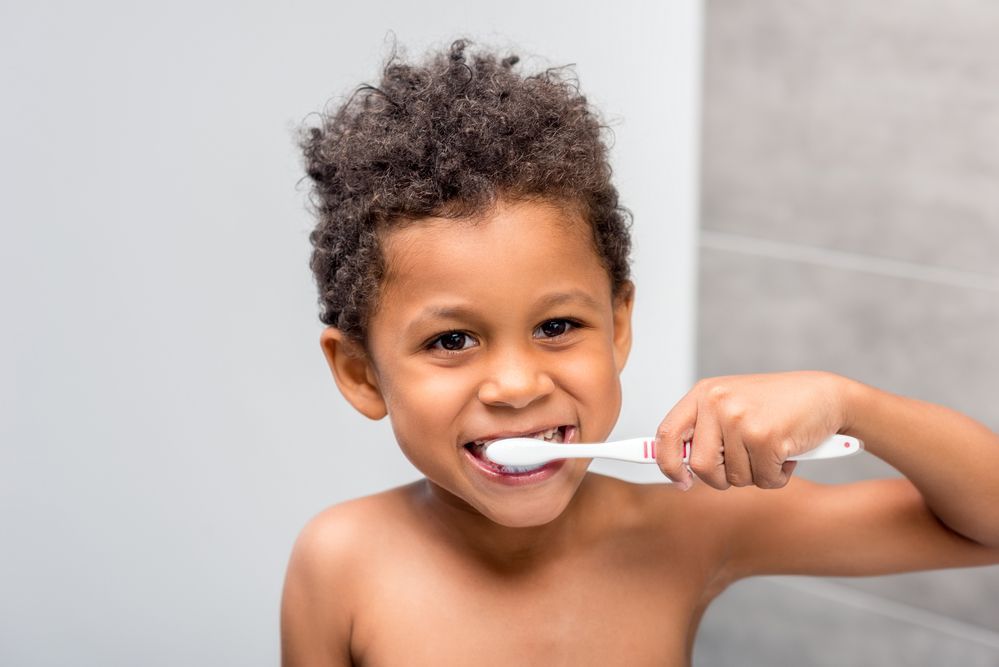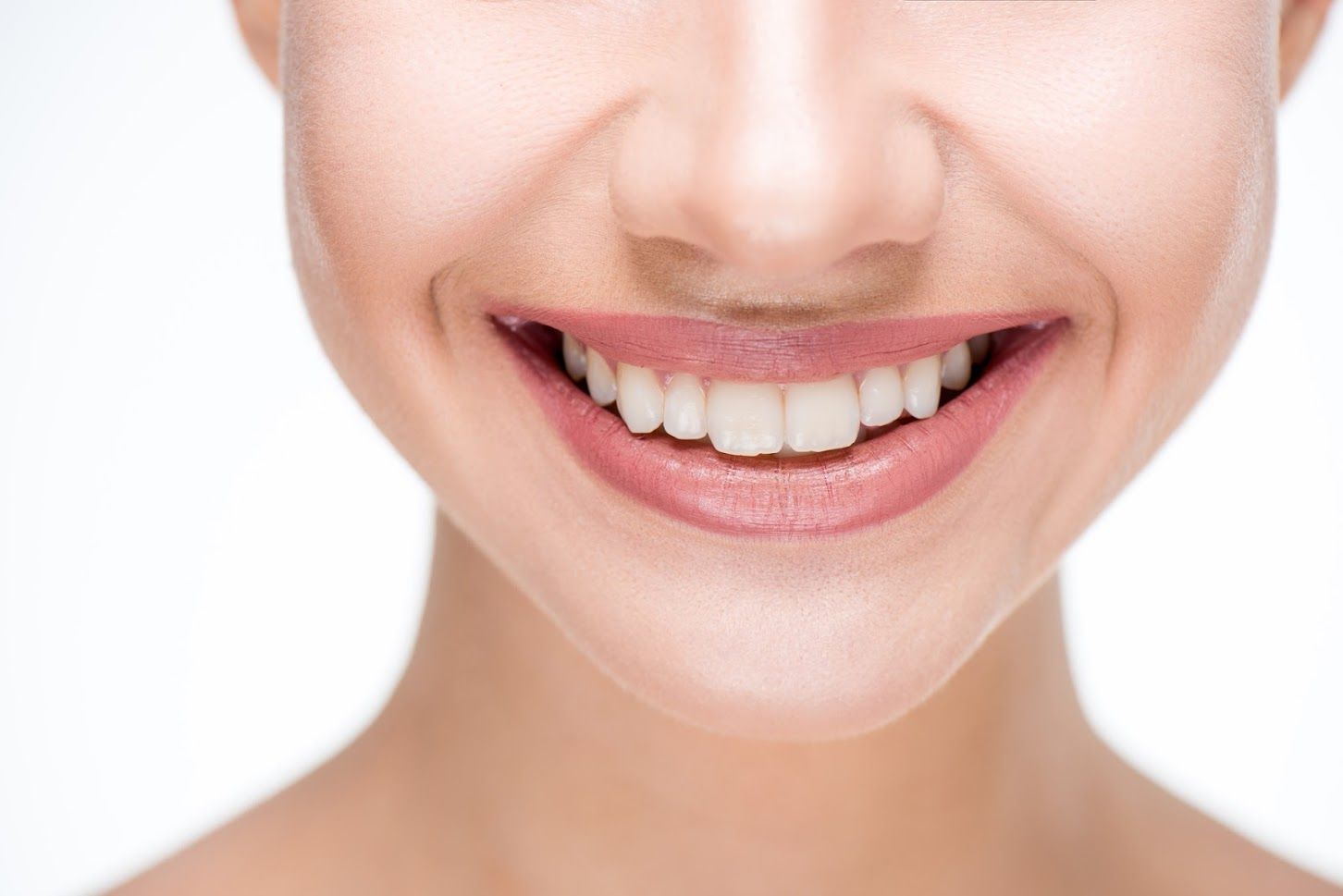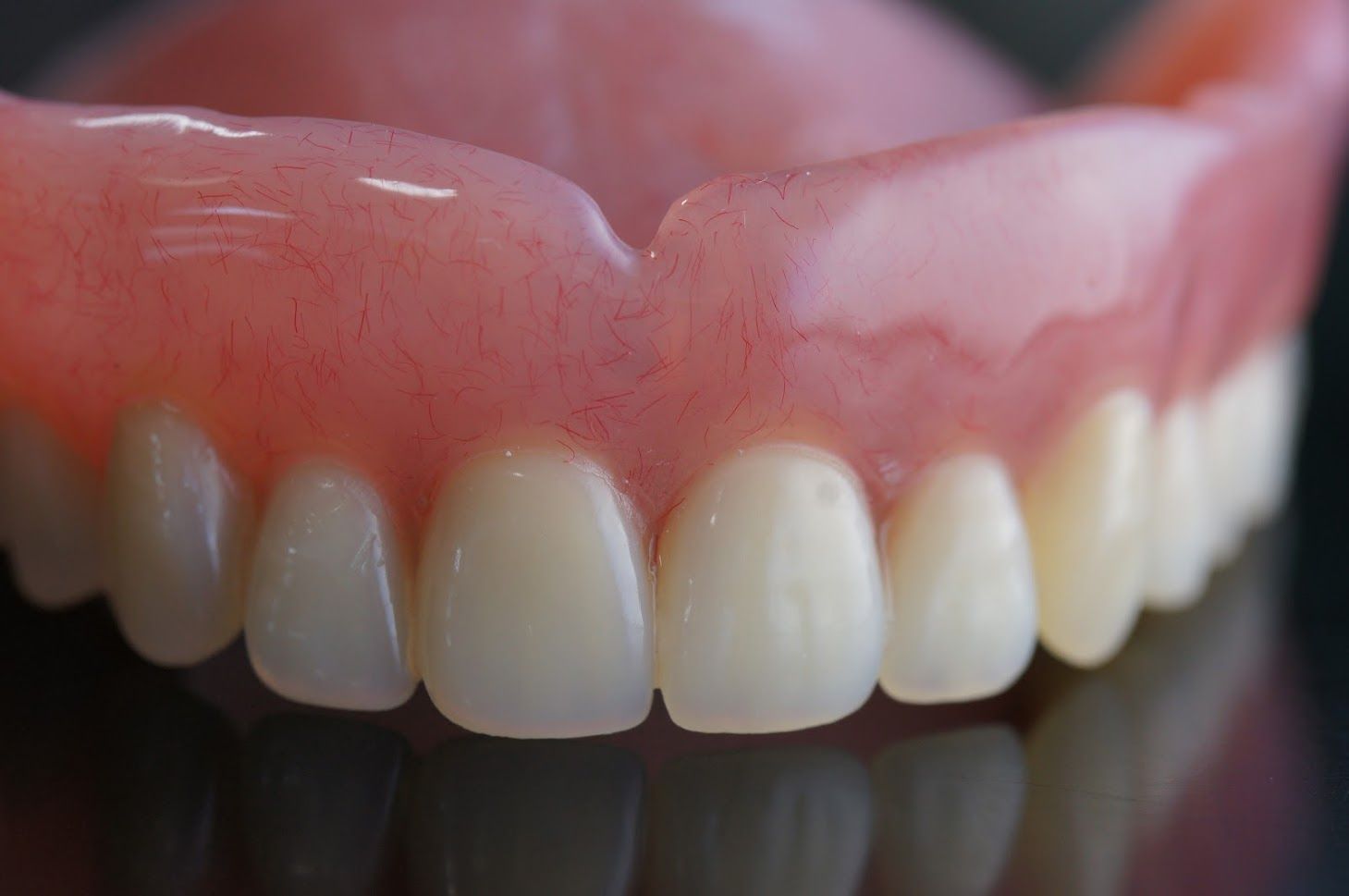2 Childhood Habits That Could Be Problematic for Your Child's Teeth
Proper dental care should begin as soon as the first teeth erupt. If a child's teeth don't receive proper care, the resulting oral health issues could continue to affect the youngster into adulthood.
Still, children often develop habits that are detrimental to their dental health. Discover two childhood habits that could be problematic for your child's teeth.
1. Thumb-Sucking
Thumb-sucking may appear harmless. However, the habit can impair the alignment of the teeth.
As a child sucks their thumb, the appendage presses against the roof of the mouth and places pressure on the upper and lower central incisors. The pressure can narrow the upper palate, resulting in a crossbite, where the side teeth of the upper jaw do not properly meet those of the lower jaw when the child's mouth is closed.
In addition, the pressure on the front teeth may cause an overbite. The upper front teeth may overlap those of the lower palate when the mouth is closed.
For some children, thumb-sucking begins while they are still in the womb and continues as a soothing mechanism after their birth. Many children outgrow the habit. However, others may need assistance to find alternative soothing methods.
If your child sucks their thumb, discover a few measures that you can take to help them overcome the habit:
- Coating the thumb with a distasteful substance. Children often avoid placing unpalatable substances in their mouths. Consequently, parents can coat their child's thumb with a bit of vinegar or other edible but distasteful substances.
- Covering the thumb with fabric. Parents can also consider covering the child's thumb with a physical barrier, such as a glove. The child is less likely to enjoy the texture or taste of fabric in their mouth.
- Offering a distracting or soothing toy. The child's thumb is less likely to be in their mouth if it is occupied playing with a toy. A toy may also help soothe a child who is feeling a bit anxious.
The earlier that a child stops the habit of thumb-sucking, the less damage the habit will likely cause. Children who stop sucking their thumbs before toddlerhood often suffer no damaging effects.
2. Bottle Drinking
Babies frequently consume milk and juice through bottles. However, parents should attempt to wean their children as soon as possible because of the potential for baby bottle decay.
Baby bottle decay occurs as the contents of a bottle rest on the teeth of a child. Unlike cup drinking, bottle drinking promotes the liquid resting in the mouth for longer periods.
Milk, juice, and other popular bottle contents include sugars. As a result, the bacteria in a child's mouth feed on the simple carbohydrates and release acidic waste that causes tooth decay.
Baby bottle decay can be so severe that it causes the child's teeth to blacken. Nevertheless, the transition to cup drinking can lessen the likelihood of the condition. Discover a few measures that parents can take to help wean their youngsters from the bottle:
- Only place water in the bottle. Unlike milk and juice, water contains no simple sugars, and it can promote better oral health. Thus, parents should restrict bottle usage to water only.
- Avoid giving the child a bottle as a soothing mechanism. Some parents offer their children bottles to help soothe them, especially during periods of rest. Instead, parents may offer a favorite stuffed animal or blanket to decrease the child's dependency on the bottle.
- Offer favorite beverages in a cup. If a child's favorite beverages are offered in a cup, they are more likely to embrace the cup's usage.
Once a child is weaned from the bottle, they are unlikely to desire to return to it. Most children can drink from a cup when they reach eight to ten months of age.
If your child suffers from a habit that is detrimental to their oral health, contact Airport Road Dental Associates, PC, to schedule a consultation.


